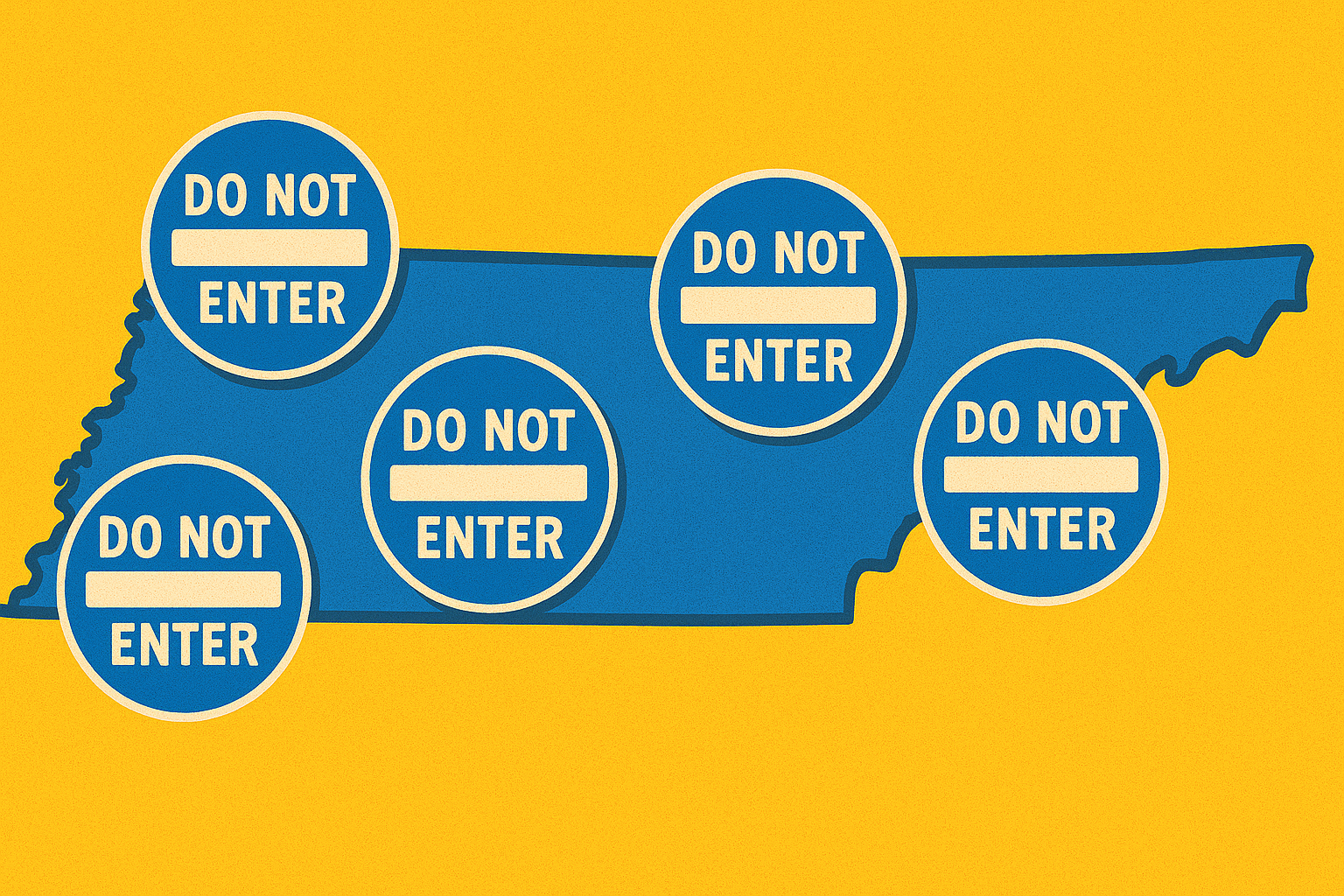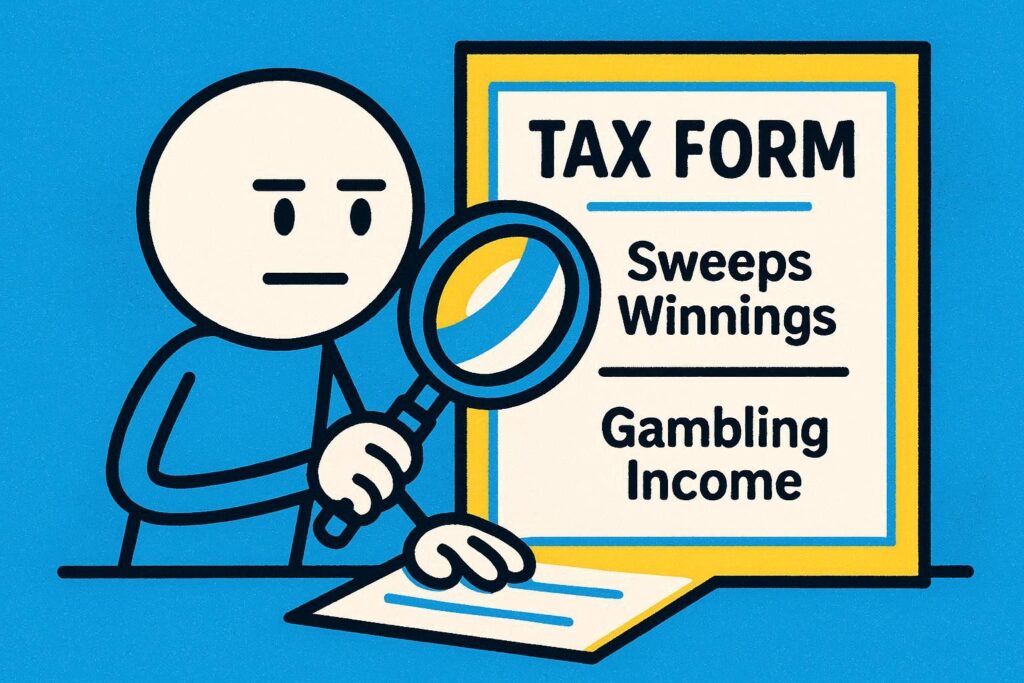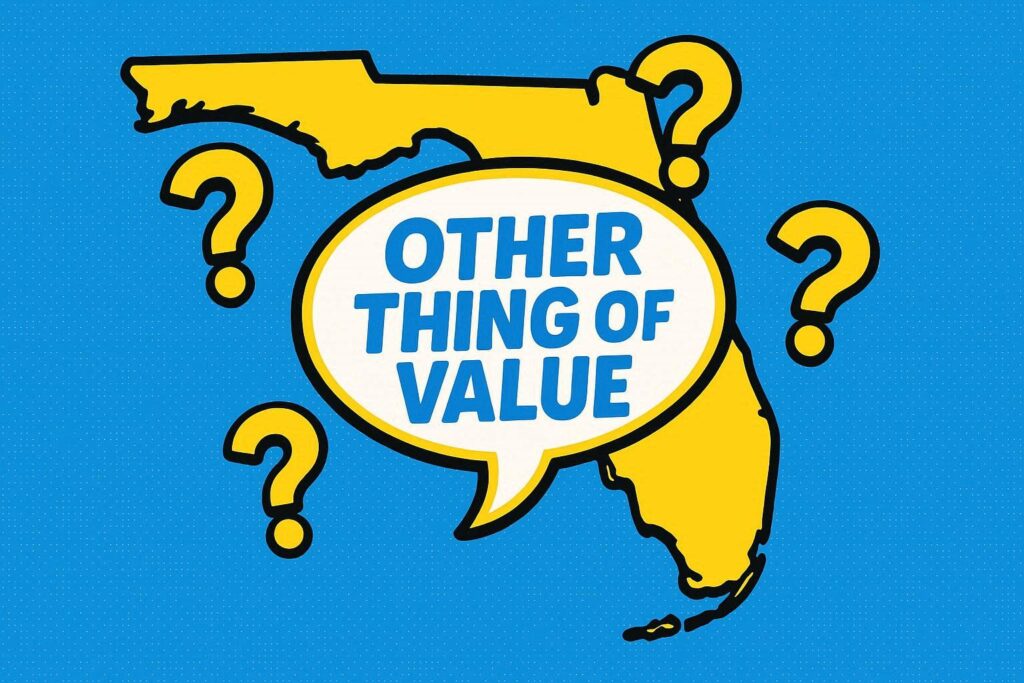Five opponents of California bill Assembly Bill 831, legislation introduced by Assemblymember Avelino Valencia (D-Anaheim) that would ban sweepstakes casinos in the state, offered testimony during today’s Senate Appropriations Committee hearing.
No proponents were present, and Valencia waved presentation.
Testimony by the opposition came after an announcement earlier in the day that VGW, a leading sweeps casino operator, and the Kletsel Dehe Wintun Nation of the Cortina Rancheria tribe, have formed a partnership to offer free-to-play games in California.
Both groups were represented at the committee hearing today.
AB 831 ‘lack unanimous support among California tribes’
While the legislation has the backing of several tribal organizations looking to protect their California gaming interests, Kletsel Dehe believes the bill unfairly shuts it out of the action.
“We respectfully oppose AB831,” testified Eric Wright, CEO of Kletsel Economic Development Authority, the tribe’s economic division. “This bill lacks unanimous support among California tribes, has advanced without meaningful consultation with many of us, and threatens our inherent right to operate legitimate revenue streams to support our people.
“Digital platforms offer one of the few viable ways for geographically isolated tribes to fund essential services such as healthcare, education, housing, food security, and social programs,” he continued.
“The need is urgent. … We urge the committee to reject AB831 and work towards legislation that expands, not restricts, opportunity for every nation.”
SGLA voices opposition to California sweeps ban
Representing the Social Gaming Leadership Alliance, Shane Levine also expressed resistance to a sweeps casino prohibition, leaning into potential economic consequences.
“This bill would ban free-to-play entertainment enjoyed by millions of Californians, eliminate nearly 1,200 jobs, and cut off over a billion dollars in annual economic benefit to our state,” Levine said.
“Instead of a prohibition of online sweepstakes, we should instead regulate and tax it, which could generate between $200-300 million a year in new revenue to the state of California, funding schools, healthcare, and infrastructure without raising taxes on families, at a time when the state could desperately use new funding streams, all while ensuring consumer protections are in place to create a safe gaming environment.”
Levine claimed AB831 is a rushed piece of legislation and “a cynical attempt by a few stakeholders to kill off any and all competition in this space.”
Like Wright, Levine called for a new, collaborative path forward.
VGW US General Manager Derek Brinkman, a resident Marin County, spoke on behalf of the company’s employees in California. VGW Chief Growth Officer Lloyd Melnick and ARB Interactive General Counsel Brian Schroeder also made brief statements in opposition.
What was the result?
There was no final verdict from the committee on the bill.
Instead, it was moved to the suspense file. This happens when legislation has been identified as having a significant fiscal impact.
Bills on suspense are not immediately voted on. Instead, they are held and then considered in a single large hearing (often called the “suspense hearing”) later in the session. At that point:
- The committee decides whether to move the bill forward.
- Or it can hold the bill, effectively killing it for the year.
In other words, if a bill is moved to suspense, it’s being paused for cost review and its ultimate fate will be decided in a later suspense hearing.








